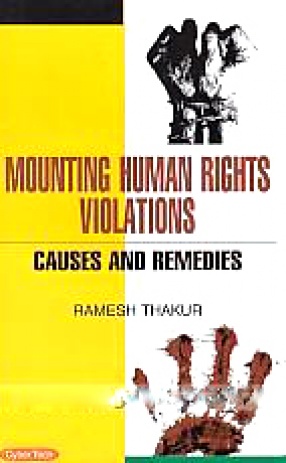
Ramesh Thakur

Showing all 8 books
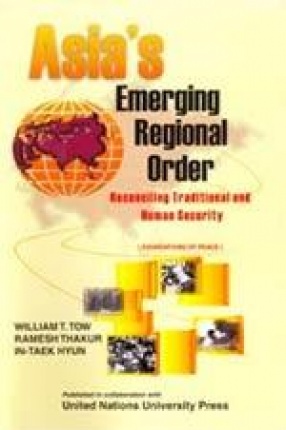

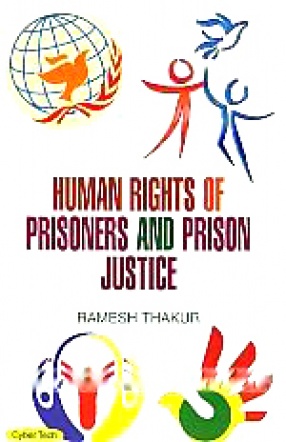
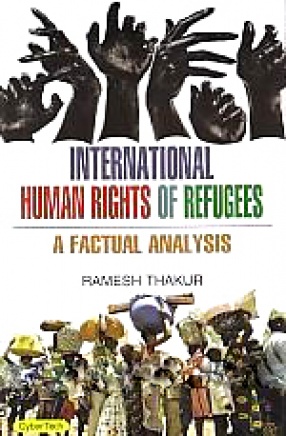

The concept of 'human security' has captured the attention of both national policy-makers and independent analysts throughout Asia. Its most compelling feature is an emphasis on the social, economic, and political well being of individuals, linking international security to the community and to the individual rather than restricting it to the purview of the state. The concept is especially relevant to an Asia-Pacific region which is experiencing immense ...
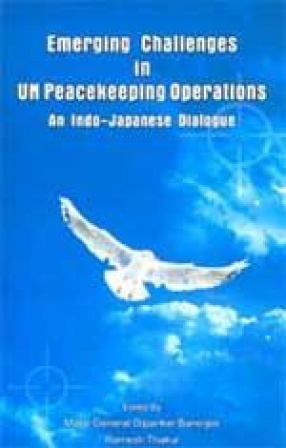
This book lies at the intersection between United Nations peacekeeping operations and India-Japan relations. While India has been at the forefront of UNPKO since its beginning, Japan due to its unique recent history and pacifist constitution is a more recent, hesitant and tentative contributors to overseas peaceful military operations. Instead, Japan is the second largest contributor to the UN’s regular and peacekeeping budgets and has provided some senior ...
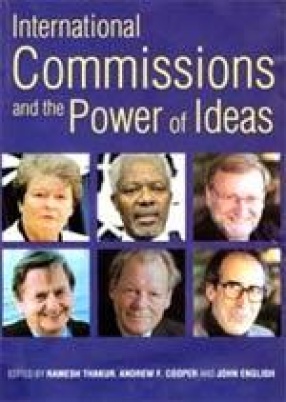
How are good ideas for enhancing global governance converted into policy initiatives and international institutions? One major route has been via international commissions. The names of many are well known: Brandt, Palme, Brundtland, Kosovo, the Commission on Global Governance, and the International Commission on Intervention and State Sovereignty. Yet, as an expression of the power of ideas, in the search for a better world, they remain under-analyzed. ...
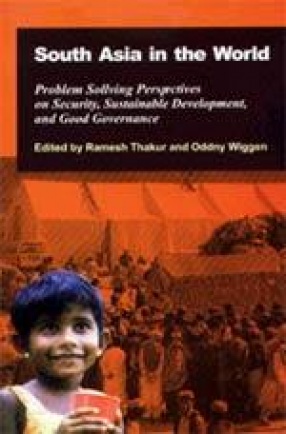
One of every five people in the world lives in the countries of South Asia, Bangladesh, Bhutan, India, the Maldives, Nepal, Pakistan, and Sri Lanka. The problems they face are so huge that they present a defining challenge to the core mandates of the United Nations as the globle arena for problem-solving. These challenges range from economic development, environmental protection, and food and water security, to democratic governance and human rights, nuclear war ...
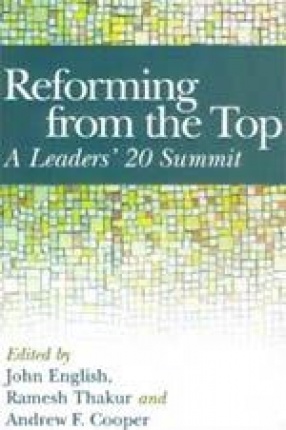
The system of global governance is under serious challenge. The UN, the G7/8, the IMF and the World Bank are but a handful of the organizations suffering from a crisis of legitimacy for an international system that appears ill-suited for timely, innovative and effective solutions to contemporary global challenges. Moreover, it is a system that made sense mainly for the post-second World War era, but sixty years later seems ill-equipped for bridging the growing ...
